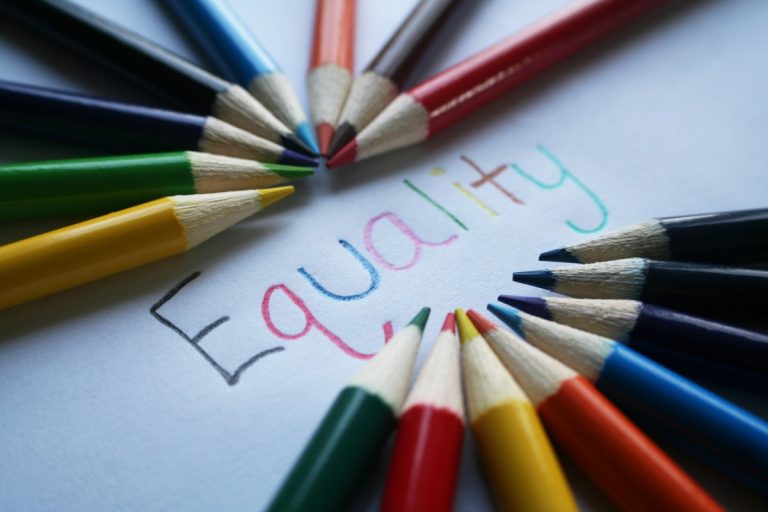
Parents’ social status can affect a child’s education from birth onwards, according to a study by the Organisation for Economic Co-operation and Development (OECD).
This may be due to parents spending less time with their children from a young age, or richer families being able to afford higher quality education.

Chart showing education equity across OECD countries. Source: OECD (2017) Educational Opportunity For All (Fig.2.2)
While education is one of the greatest tools in removing social divides, the OECD found governments must find a way to equally implement quality education to all in order to sucessfully create an equal society.
The OECD identified investment in accessible, high-quality early childhood education; improvement in learning opportunities for children at risk and target resources to those schools that need them most; focus on employability skills for adults from disadvantaged backgrounds; and opportunities for lifelong education as key factors in creating social mobility.
However, Dirk van Damme, head of the Skills Beyond School Division of the OECD said: “There is no magic formula that will work for all countries. In some countries, a lack of quality early childhood education creates huge equity issues, while in others, secondary school is the stage at which equality of educational opportunity is jeopardised. In still other countries, it is the transition to work that is the most challenging for disadvantaged young people.”
How can countries close the equity gap in education? New blog post by @VanDammeEDU
➡https://t.co/57flSGQS4v#OECDCope #Inequality pic.twitter.com/33gqGMMDRa— OECD Education (@OECDEduSkills) December 6, 2017
For example, Norway, Sweden and New Zealand all have similarly equal learning outcomes in secondary education regardless of social disparities, reported OECD.
“But in contrast to the two Nordic countries, New Zealand doesn’t seem able to extend its equitable approach into skills development among young adults, probably because of segregating mechanisms in work allocation and adult learning programmes,” said van Damme.
Therefore, there needs to be an emphasis on individual governments to identify the main issues challenging their society and create an education policy that best responds to this.
Liked this? Then you’ll love…
Which country has the best readers?
Harvard University professor calls for quota system for minorities







